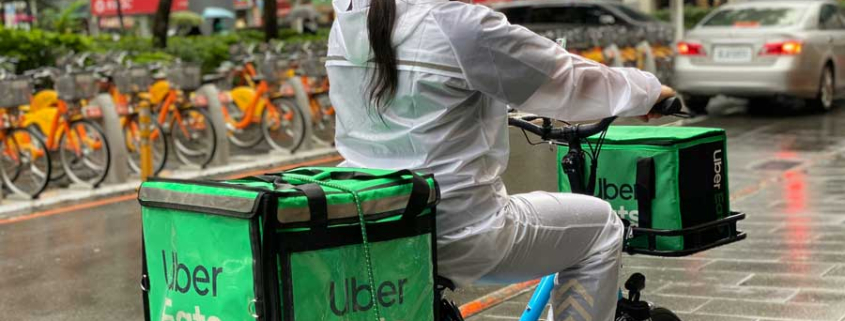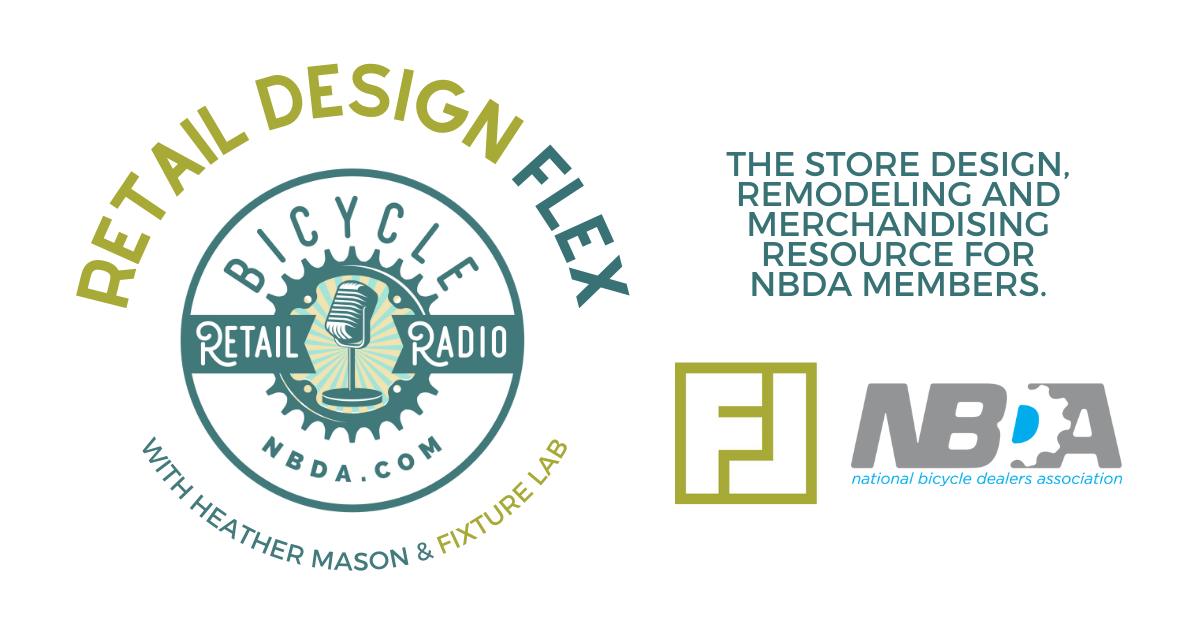How eBike Rental Services Are Helping Delivery Workers to Be More Efficient
In the bustling urban landscapes of today’s cities, delivery workers are the lifeline of modern commerce. They are the invisible hands that bring groceries, meals, packages, and a myriad of other items to our doorsteps.
However, the traditional methods of delivery, primarily involving bicycles and motor vehicles, come with their own set of challenges—exhaustion, traffic jams, and environmental concerns, to name a few.
Enter eBike rental services, a game-changing innovation that is not only transforming the efficiency of delivery workers but also reshaping the logistics landscape in both the United States and Canada.
eBike Rental Services
eBikes, or electric bicycles, are equipped with an integrated electric motor that can be used for propulsion. They offer a unique blend of pedal power and motor assistance, making them an ideal solution for delivery services.
The growing popularity of eBikes has given rise to numerous eBike rental services, providing affordable and accessible options for delivery workers who may not afford to purchase their own eBike.
These rental services often operate on a subscription or pay-per-use model, allowing delivery workers to rent an eBike for a specific period or based on their usage. Companies like Lime, Jump (by Uber), and Bolt have made significant strides in this area, deploying fleets of eBikes across major cities worldwide, including key markets in the United States and Canada.
The e-bike market is projected to grow at an annual rate of approximately 6% globally, reaching a market value of $62 billion by 2028, driven by increasing urbanization, technological advancements, and a shift towards sustainable transportation solutions.
Increased Efficiency and Speed
One of the most significant advantages of eBikes is the increased speed and efficiency they offer. Traditional bicycles, while eco-friendly and cost-effective, require significant physical exertion, especially over long distances or in hilly terrains. Motor vehicles, on the other hand, are subject to traffic congestion and parking issues.
eBikes strike a perfect balance by providing motor assistance that can boost the cyclist’s speed to 20-28 mph, depending on local regulations. This speed advantage allows delivery workers to complete more deliveries in less time, significantly enhancing their productivity. Furthermore, the motor assistance helps in maintaining a steady speed, reducing the physical strain on delivery workers and allowing them to maintain high efficiency throughout their shifts.
Reduced Physical Strain and Fatigue
Delivery work is physically demanding. Long hours of cycling, especially with the added weight of deliveries, can lead to fatigue and health issues over time. eBikes alleviate much of this physical burden by providing motor assistance, which reduces the effort required to pedal, particularly on inclines and over long distances.
By minimizing physical strain, eBikes help delivery workers conserve energy, allowing them to work longer hours without the same level of exhaustion. This not only improves their immediate efficiency but also contributes to better overall health and well-being, reducing absenteeism due to fatigue-related health issues.
Navigating Urban Environments
Urban environments are notorious for their traffic congestion and limited parking. Traditional delivery vehicles often struggle with these challenges, leading to delays and inefficiencies. eBikes, being smaller and more agile, can navigate through traffic more easily and access areas that might be off-limits to larger vehicles.
Additionally, eBikes can be parked almost anywhere, eliminating the time wasted in searching for parking spots. This agility allows delivery workers to make more stops in less time, enhancing their overall delivery capacity and efficiency.
Environmental Benefits
While the primary focus for delivery workers is often on efficiency and productivity, the environmental benefits of eBikes cannot be overlooked.
Traditional delivery vehicles contribute to urban pollution and carbon emissions. eBikes, on the other hand, are eco-friendly, producing zero emissions during operation.
This environmental advantage aligns with the growing demand from consumers for sustainable practices in all aspects of commerce.
Delivery services that utilize eBikes can market themselves as eco-conscious, appealing to environmentally aware customers and contributing to broader corporate sustainability goals.
Cost-Effectiveness
For delivery workers, especially those working in the gig economy, cost is a significant factor. Traditional vehicles come with high upfront costs, fuel expenses, maintenance, and insurance. eBikes, while still requiring maintenance, are generally more cost-effective to operate.
eBike rental services further reduce the financial burden by offering flexible and affordable rental options. Delivery workers can rent eBikes on a daily, weekly, or monthly basis, allowing them to manage their costs more effectively.
This affordability enables more people to enter the delivery industry, providing a broader workforce to meet the growing demand for delivery services.
Real-World Success Stories
The impact of eBike rental services on delivery efficiency can be seen in various real-world applications. For instance, in New York City, the startup company Whizz, which involves eBikes for food delivery workers, demonstrated significant improvements in delivery times and worker satisfaction.
Participants reported being able to complete up to 30% more deliveries per shift, thanks to the speed and ease of eBikes.
Similarly, in European cities like Amsterdam and Copenhagen, eBikes have become a staple for delivery services. Companies like Deliveroo and Uber Eats have integrated eBikes into their delivery fleets, citing increased efficiency and lower operational costs.
In Canada, cities such as Toronto and Vancouver have seen similar success stories. Toronto’s bustling delivery scene has benefited from eBike adoption, with delivery workers reporting quicker routes and easier navigation through the city’s notorious traffic.
Vancouver, known for its commitment to green transportation, has also embraced eBikes, aligning with the city’s sustainability goals and providing a practical solution for delivery workers facing the city’s varied terrain.
The Future of eBike Rental Services in Delivery
The trend towards eBike rental services is expected to continue growing as cities become more congested and the demand for quick, efficient delivery services rises. Innovations in eBike technology, such as improved battery life and enhanced cargo capacity, will further bolster their suitability for delivery work.
Moreover, as more cities invest in cycling infrastructure, including dedicated bike lanes and secure parking, the operational efficiency of eBikes will only increase. This supportive infrastructure, combined with advancements in eBike technology, promises a bright future for eBike rental services in the delivery industry.
Conclusion
eBike rental services are revolutionizing the delivery industry in the United States and Canada by offering a solution that enhances efficiency, reduces physical strain, and provides environmental benefits.
By enabling delivery workers to complete more deliveries in less time and with less effort, eBikes are setting a new standard for urban logistics.
As the adoption of eBikes continues to rise, supported by technological advancements and improved infrastructure, the future of delivery services looks faster, greener, and more efficient than ever before.
Contributed by Get Whizz: https://getwhizz.com/










